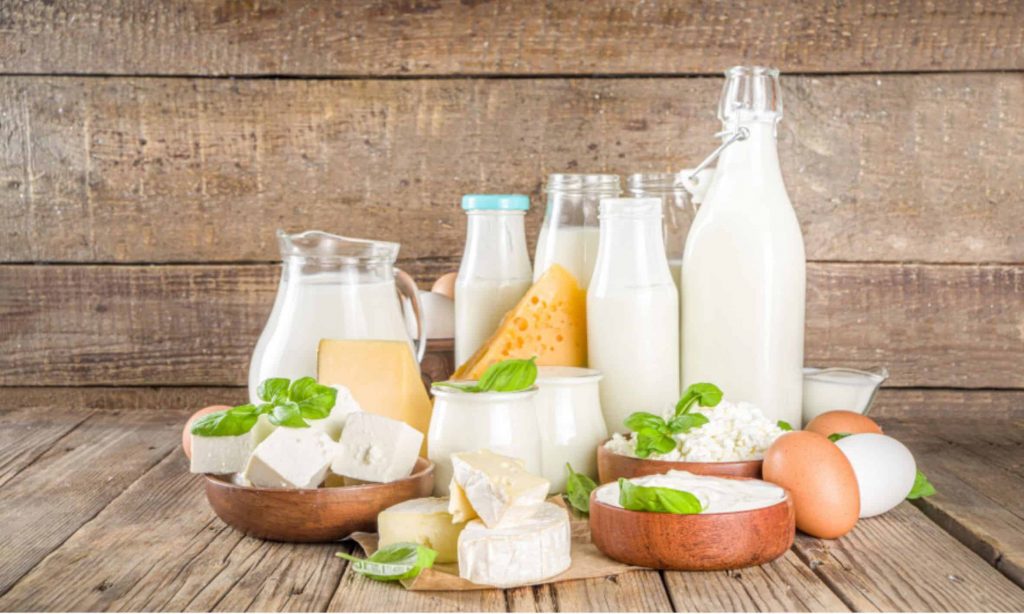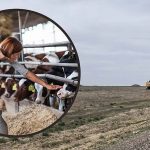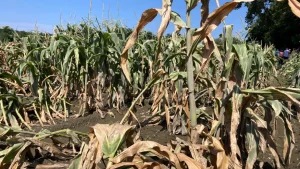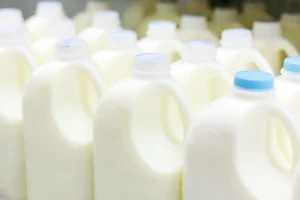
Vermont is responsible for 63% of all milk produced in New England and relies on dairy as a primary source of income. The vulnerable backbone to Vermont’s dairy production consists of migrant worker, working long hours and performing extreme levels of manual labor. This group is exposed to toxic chemicals and other occupational hazards daily with little to no protections or concern for their well-being.
However, due to their social, and sometimes legal, status, they fail to receive the compensation or even safety that they deserve. There has been a general failure to recognize the humanitarian aspect of working on dairy farms, which has resulted in the mistreatment of an entire section of the population.
A 2019 Health and Safety survey on dairy farm working conditions in Vermont included over 100 Vermont migrant dairy farm workers. Over 40% of all participants reported exposures to acid, manure, iodine, and/or foot baths, all of which are harmful to both the environment and human health.
Workers use iodine when cleaning cow udders and teats, and the chemical often splashes into workers’ eyes and onto their skin. Iodine exposure can cause skin burns, eye irritation and damage. Chlorine and acids used for cleaning equipment have also harmed workers, causing burns and vision problems. Both chemicals are also extremely dangerous when mixed with other substances.
That being said, only 25% of workers reported being trained on chemical risks. 55% of survey participants reported being exposed to formaldehyde, a chemical used in foot baths to kill fungi on cow hooves. Workers revealed that they experience dizziness, vomiting, nausea and nosebleeds from inhaling the powder.
The environmental risks do not end there. Livestock farms are notoriously riddled with other toxins, such as bioaerosols, ammonia, hydrogen sulfide gas, and volatile organic compounds.
Even with all these chemical and biological materials threatening the health of workers on a daily basis, a shockingly high 92% of workers reported that they did not receive training on biological risks. Further, over 65% of those surveyed were not using proper protective equipment such as masks, safety glasses, or winter gloves.
Vermont has taken part in some relatively progressive changes in terms of migrant rights compared to most other states. The Immigrant Health Insurance Plan, which kicked off in July 2022, extended state health care funding to immigrants who are pregnant and/or under 19 and are not eligible for Vermont Medicaid, and many migrant workers are eligible to receive qualified health plans. Undocumented residents are also able to receive driver’s privilege cards, allowing them to legally drive in Vermont.
However, there remains overt mistreatment to Vermont immigrants every day that must be addressed, and employers have a responsibility to provide safe working environments.
Migrant Justice is doing extensive work to improve conditions for Vermont migrants, and it has had some successes. In 2017, the organization had a groundbreaking accomplishment in signing the Milk with Dignity agreement with Ben and Jerry’s ice cream. Milk with Dignity aims to develop a sustainable and ethical dairy industry and has been fundamental in lifting immigrant voices and raising awareness for the migrant population. The group has been targeting Hannaford Supermarkets since 2019, battling for the rights of workers who produce Hannaford-brand milk.
These efforts are changing lives. Immigrants are one of the most vulnerable populations among us, and the Vermont dairy industry must do better to treat the source of its success fairly, as humans.























